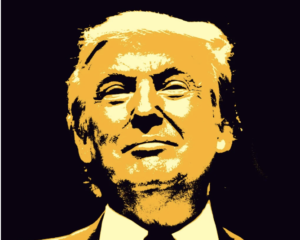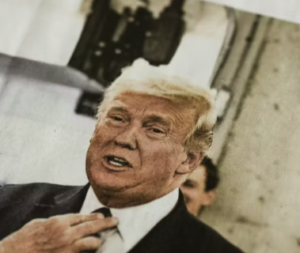#France #Politics #SnapElections #FrenchPresident #PoliticalStrategy #ElectionRisks #GovernmentStability #FrenchPolitics
In the intricate landscape of French politics, a burgeoning debate has emerged, casting a shadow of doubt over the strategic move of potentially calling snap elections, a contemplation that even resonates within the corridors of President Macron’s own political faction. This internal contemplation signals a rare moment of hesitation and introspection among the ranks, where the normally unified front exhibits fissures over the tactical advantage and potential backlash of such a political gamble.
The rationale behind the consideration of snap elections pivots on multiple axes. On one hand, it represents an attempt to secure a fresh mandate and thereby reinforce the government’s legitimacy and operational capacity in implementing its agenda. This is particularly pertinent in light of the challenges and resistance the administration has faced in pushing through key legislative reforms. On the other hand, this move is fraught with risks. The unpredictable nature of voter sentiment, especially in a political landscape as volatile and fragmented as France’s, poses a significant gamble. It could potentially lead to a reshuffling of the parliamentary balance in ways that might hamstring the president’s ability to govern, rather than emboldening his position.
The unease within Macron’s camp underscores a broader debate on political strategy and the weighing of risks versus rewards. It reveals the complexities of governing in a deeply divided country, where the decision to seek a renewed mandate cannot be taken lightly. The voices of caution within the president’s party point to a nuanced understanding of these dynamics, emphasizing the need for careful deliberation and strategic foresight. Moreover, this internal division serves as a mirror to the wider societal divisions, reflecting the diverse and often conflicting perspectives that coexist within French society. As the debate unfolds, it will not only shape the immediate political landscape but also offer insights into the evolving nature of democratic engagement and political decision-making in France.







Comments are closed.